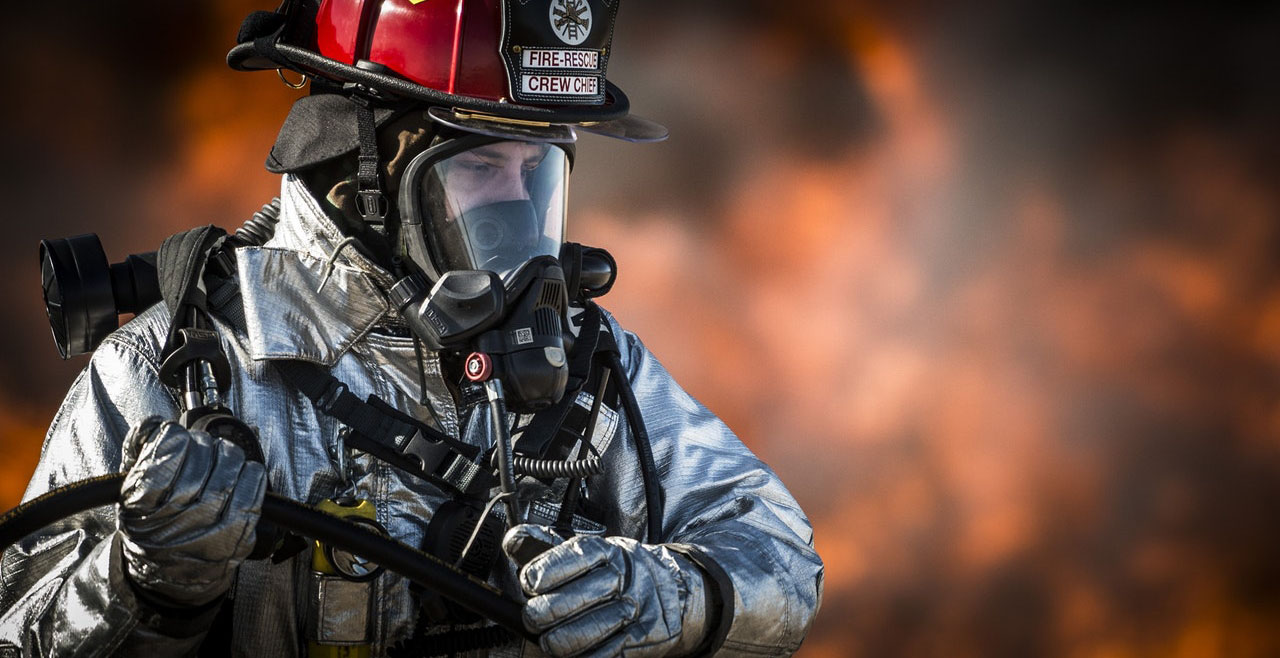Superior Court Rules City of Boston's Vaccine Mandate Likely Violated Labor Law, At Least as to Bargaining the Impacts
On December 20, 2021, Mayor Michelle Wu and the City of Boston announced a new policy requiring that all city employees verify COVID-19 vaccination as of January 15 or face discipline, up to and including termination. The Boston Police Superior Officers Federation, represented by Attorney Patrick Bryant, immediately filed a demand to bargain, as did unions representing police detectives and firefighters. At least 83 percent of sworn supervisors represented by the Federation are vaccinated.
Whereas the State Police gave 60 days notice and met several times with the State Police Association of Massachusetts before the mandate took effect, the City of Boston offered only one hour to each Union, and then refused to offer any additional time to meet. The Unions pleaded with Mayor Wu's representatives to postpone implementation until bargaining obligations were fulfilled. The City refused. The City also refused to provide information requested by the Unions.
After an expedited hearing process, the Superior Court declined to reach the issue of whether the City had an obligation to bargain over imposing a vaccine mandate. But the judge agreed that the evidence appeared sufficient to establish the City violated its legal obligations to bargain over the impacts of the mandate. Impacts can include exemptions from the mandate, the process to evaluate exemption requests, the consequences for violating the policy (whether paid or unpaid leave, termination, and/or layoff, benefits for vaccinated employees, especially if they test positive for COVID-19, among other issues.
Judge Jeffrey Locke wrote: "The defendants appear to want it both ways (unilaterally imposing a vaccine mandate and purportedly agreeing to bargain certain aspects of the policy change), but in the process, may have acted unfairly in abruptly imposing a vaccine requirement on the plaintiff unions that contradicts or breaches the carefully negotiated MOAs and disregards the spirit of collective bargaining in good faith. Assuming, arguendo, that the City was permitted to unilaterally impose a vaccine mandate on the plaintiff union employees, it unequivocally has an obligation under G.L. c. 150E to engage in collective bargaining regarding the impact of that mandate. Because the City failed to do so prior to December 20, 2021, the plaintiffs have established a likelihood of success on the merits at least as to that cause of action."
Nonetheless, the Court declined to issue an injunction requiring the City to fulfill its legal obligations before implementing the mandate. At the end of the day Friday, the City elected to postpone, by one week, any discipline for employees who fail to verify vaccination. The judge's decision supports unions having a seat at the table in how COVID-19 policies are established and implemented.


